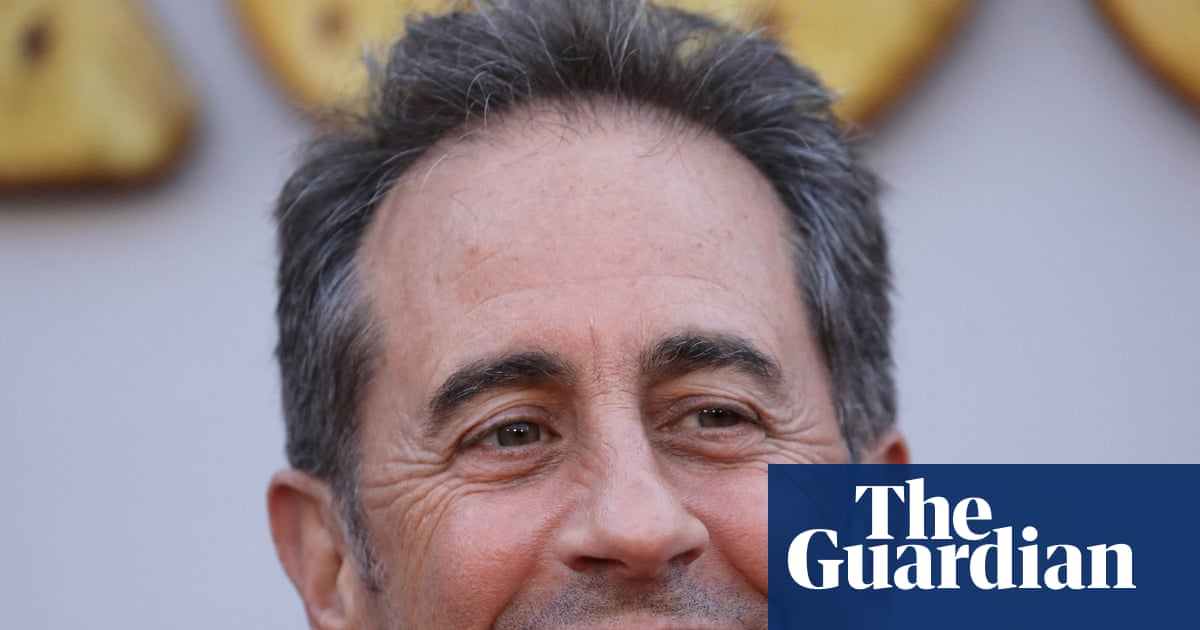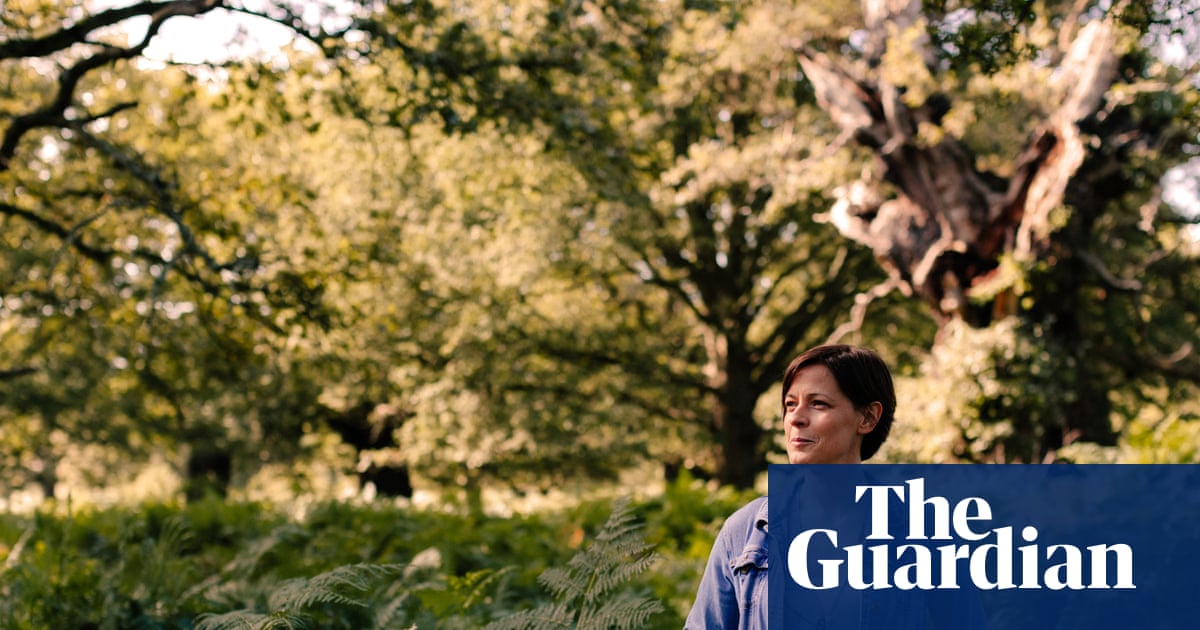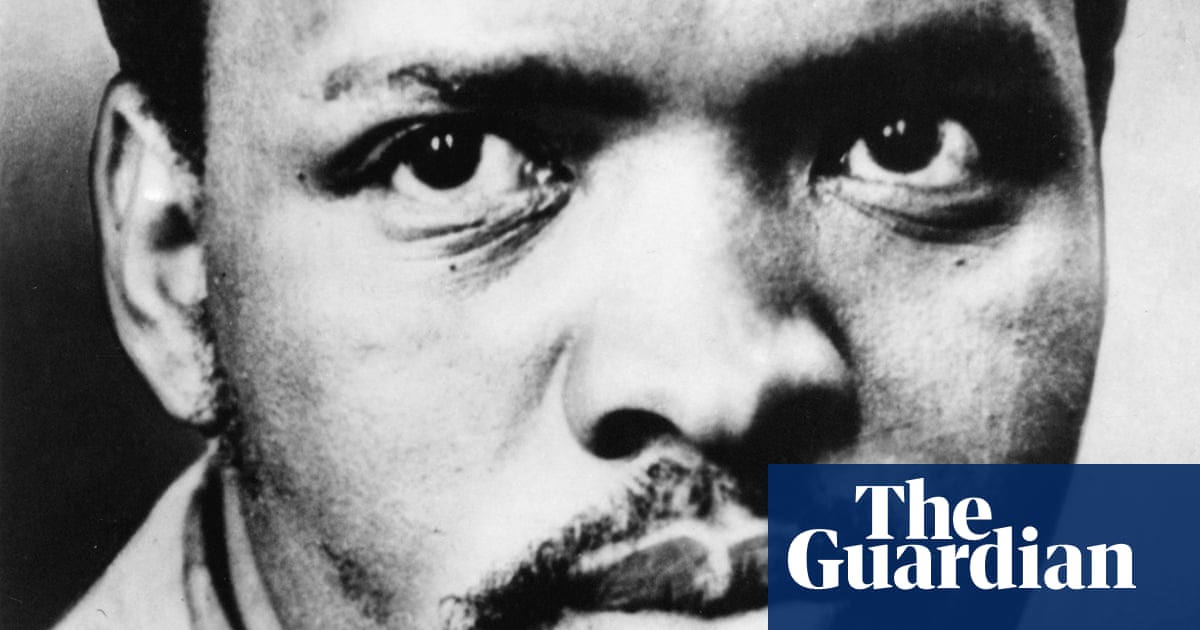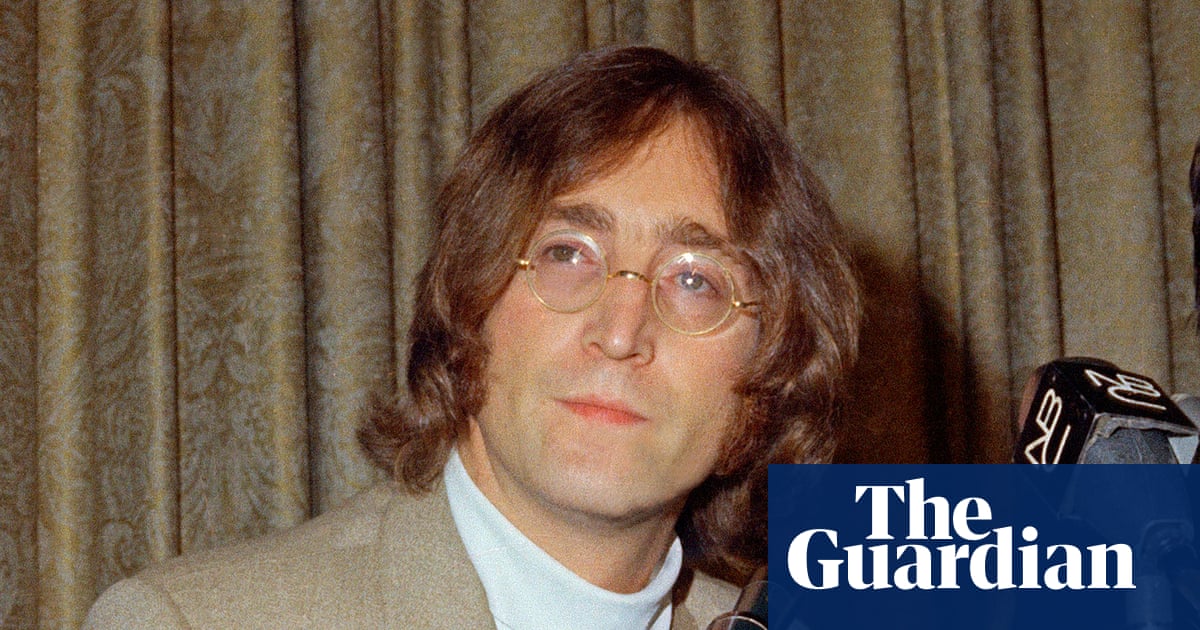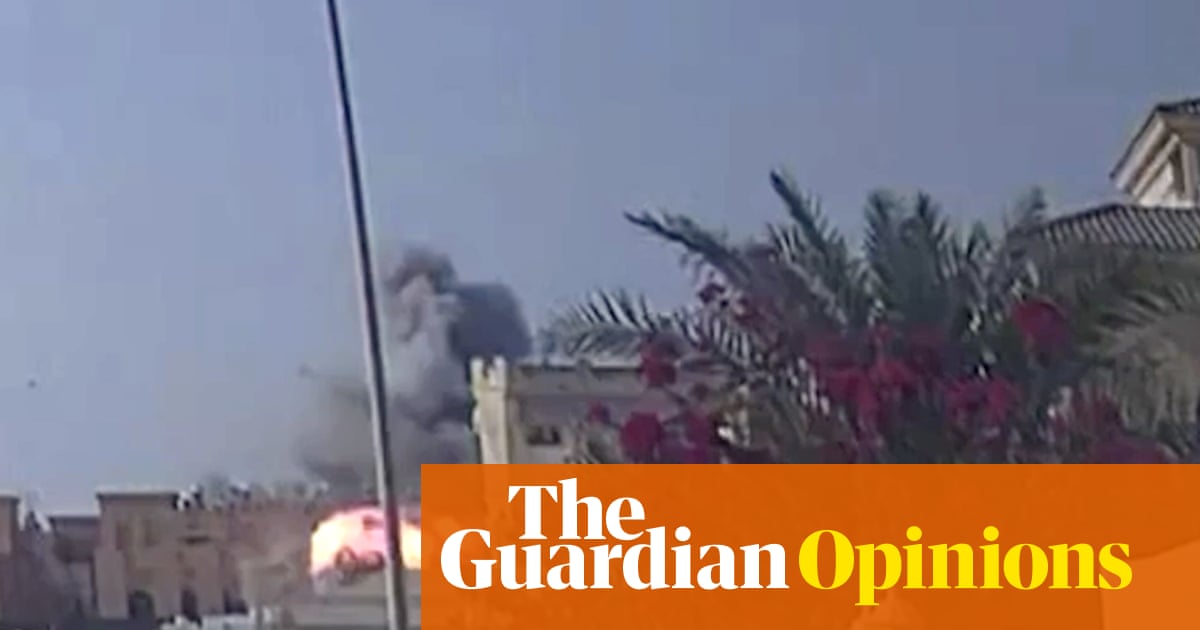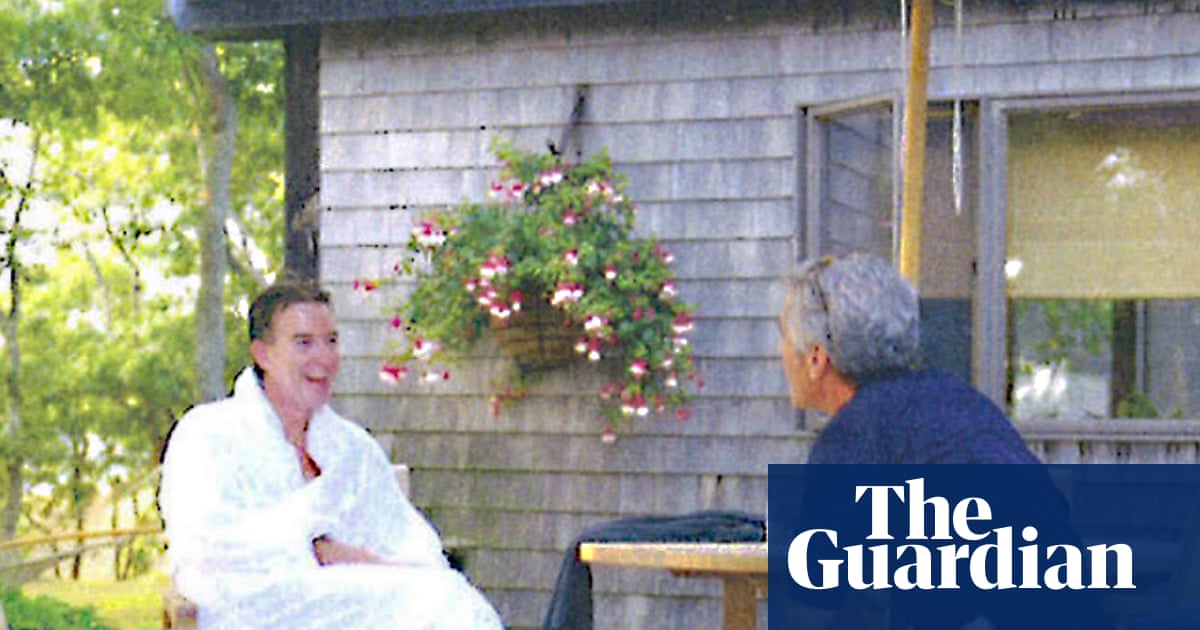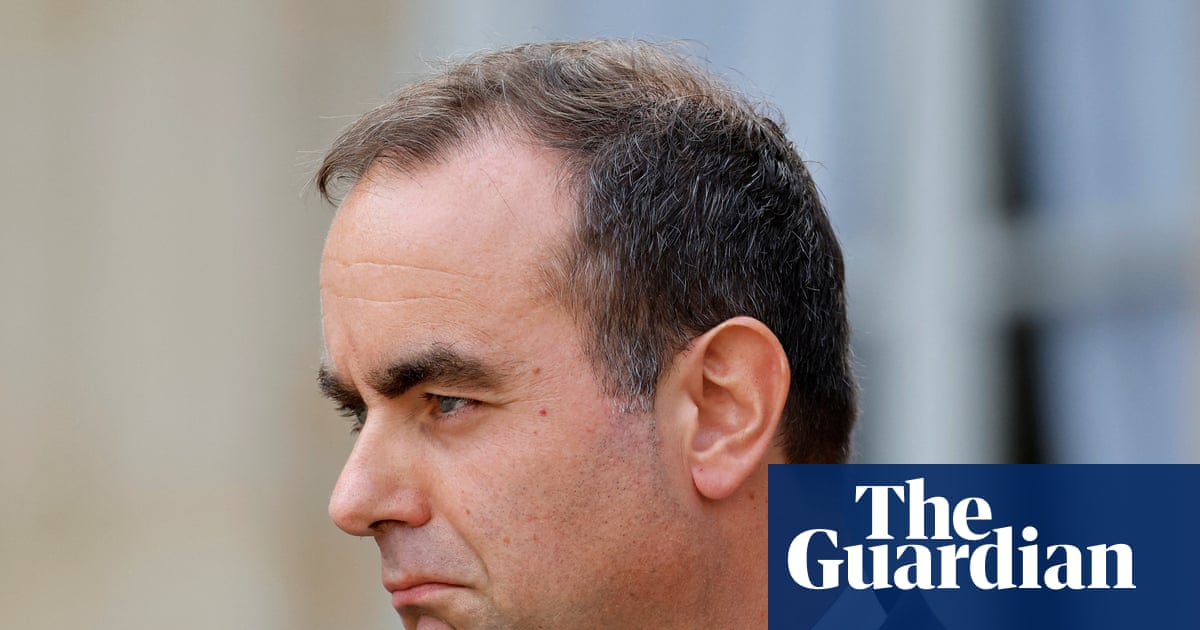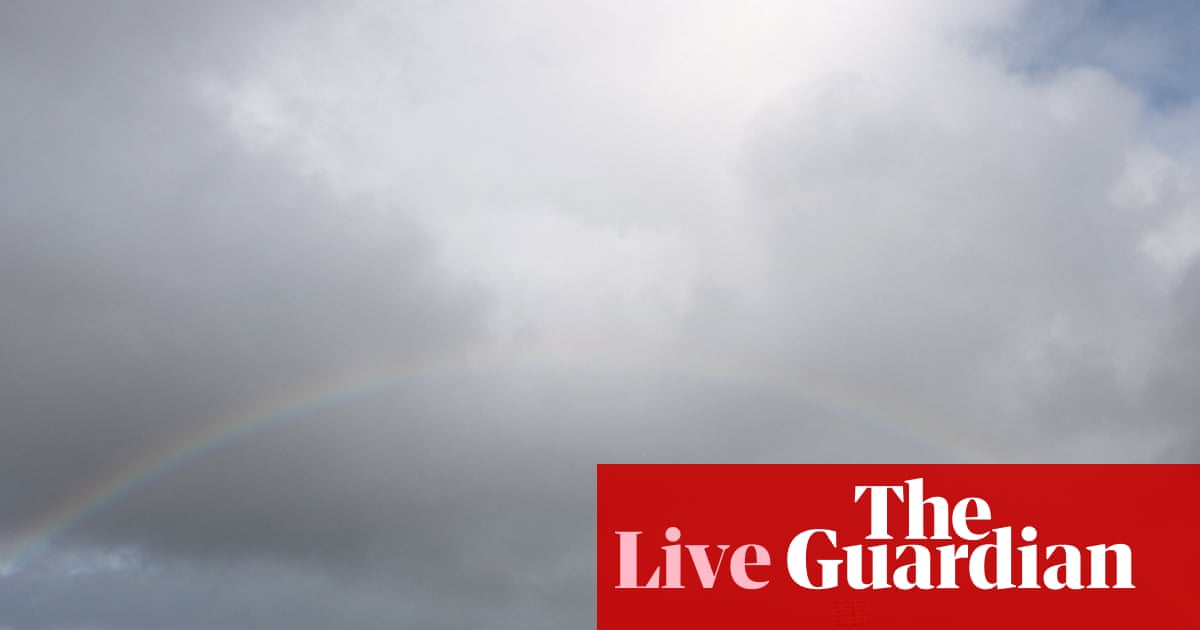Gethan Dick’s dystopia begins at Elephant and Castle in London. The narrator, a young woman who considers herself unexceptional, recalls a break in a water main at the big roundabout, a rupture that revealed “white quartz pebbles being washed clean, rattling as they went like in any stream bed”. The surfaces we have built on the face of the Earth to sustain us are just that, only surfaces, easily cracked open to show what’s roiling beneath.
And this is how it is at the end of the world in Water in the Desert Fire in the Night. The setup for this slender, evocative debut will be eerily familiar to all its readers, albeit with the disaster quotient kicked up a notch. A pandemic arises and begins its cull, only this one is unstoppable: it results in whole streets full of the dead. Those who survive – and we don’t know why they do – must stick together, and so this is a tale of unlikely alliances between a group of travellers determined to reach a refuge in the south of France, a place called Digne-les-Bains.
One of this scrappy band, an older woman called Sarah, had spent time there in the 1970s – according to her it is an “epicentre of practical possibilities for the new world of disorder”, with hot springs, rich forests, wild mushrooms, plentiful deer. Like Cormac McCarthy’s The Road or Octavia E Butler’s Parable of the Sower, this is the novel of a journey both away from and toward. Its originality lies in the appeal of the narrative voice, one of millennial diffidence that is still somehow salted with optimism. “So, to be straight: I didn’t see it coming, I don’t know why it happened, and I don’t know what’s going to happen.”
Dick creates a world where everything has not quite fallen apart, not yet, though we know that real collapse can’t be far away. One might argue that there are three vantage points from which to consider societal destruction, whatever its source. There’s the moment of violent change – HG Wells’s The War of the Worlds fits this pattern. There is radical alteration long established, as in Margaret Atwood’s The Handmaid’s Tale. And there is the space just past seismic change, when a novel’s characters acknowledge what is gone, still recall how things used to be, must find their feet in a new and frightening reality – Ben Smith’s Doggerland comes to mind. Water in the Desert falls into this category, prompting the reader to wonder: how will I fare when things go belly-up?
So it’s easy to identify with the narrator as she goes along for the ride of survival. Along with Sarah – a retired midwife, which comes in handy – and the narrator are the charismatic Pressure Drop, a Dubliner who has turned to Rastafarianism, and the young and idealistic Adi. They leave London for the Sussex coast and prepare to cross the Channel; there they encounter Martin, whose practicality will aid the expedition and who will capture the narrator’s heart. “I don’t believe in love at first sight, but actually whether you believe in something or not has nothing to do with whether or not it exists.” Yet these characters never feel fully rounded; there is something thin about them as they make their way towards imagined safety. The narrative can stray towards the obvious, as when one suffers a minor injury – something that would once have been easily treatable but now proves fatal. It’s hard to be moved by this death, which feels instrumental; designed to prove a point, rather than emotionally true.
One of the most compelling characters in the book sits firmly in flashback: the narrator’s late mother Heike, born in East Germany, married to an Englishman, who made a life for the family in Cuba before settling in London. She is just the kind of person you’d want around at the end of the world, but a memory must suffice. “Even as a mortified teenager I knew that it wasn’t just right the way we lived, it was cool. And it made an amazing backdrop, because it was beautiful through and through: her rows of jars of many-coloured pickles and preserves; her allotment overflowing with everything worth growing; the cover of a thousand mends that she crocheted for the sofa that was in the house when we arrived, and was still in it twenty-odd years later when I left.”
The destination isn’t the point of this novel; it is the journey. Somehow, hope endures. “There’s only forward, and you can only go forward from where you are, however wrecked that place is.” Words to live by, these days.
after newsletter promotion

 3 months ago
63
3 months ago
63
